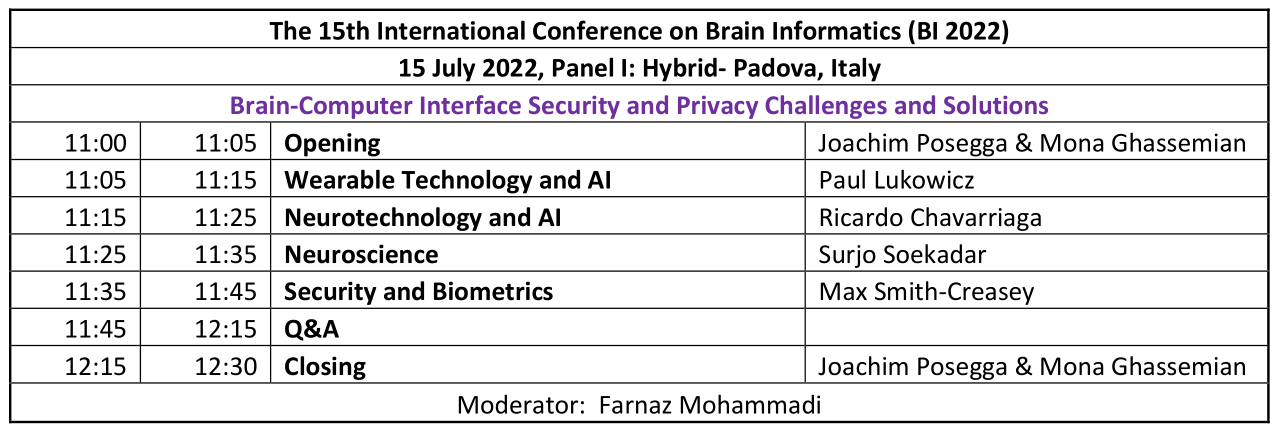-
Dr. Mona Ghassemian
E-mail: mona.ghassemian@huawei.com
Short Bio:
Mona Ghassemian has over 20 years of experience in the wireless and telecom research in industry and academia. She currently works at Huawei Advanced wireless Technology Lab as 6G principal expert on industry vertical, working on strategic R&D roadmap of key technologies (particularly in vertical industries) relevant for next generation mobile communication system design. Prior to her current role, in her senior manager role at InterDigital Inc, she led a research team on the next generation networking. She worked as a principal research scientist at British Telecom (BT) Research and Technology with a focus on future networks and security. Prior to her industry roles, she worked as a lecturer and senior lecturer at KCL, Greenwich and SBU supervising over a 100 postdocs, PhD and MSc researchers. She has published over 70 papers, 13 patents, 2 book chapters and several contributions to 3GPP, IEEE and IETF standard organisations. She is a member of IEEE SA 1918.1 (Tactile Internet) since 2016, and is currently the IEEE UK & Ireland section past-chair, the IEEE Region 8 Diversity, Equity, and Inclusion and the MGA nomination committees’ member.







